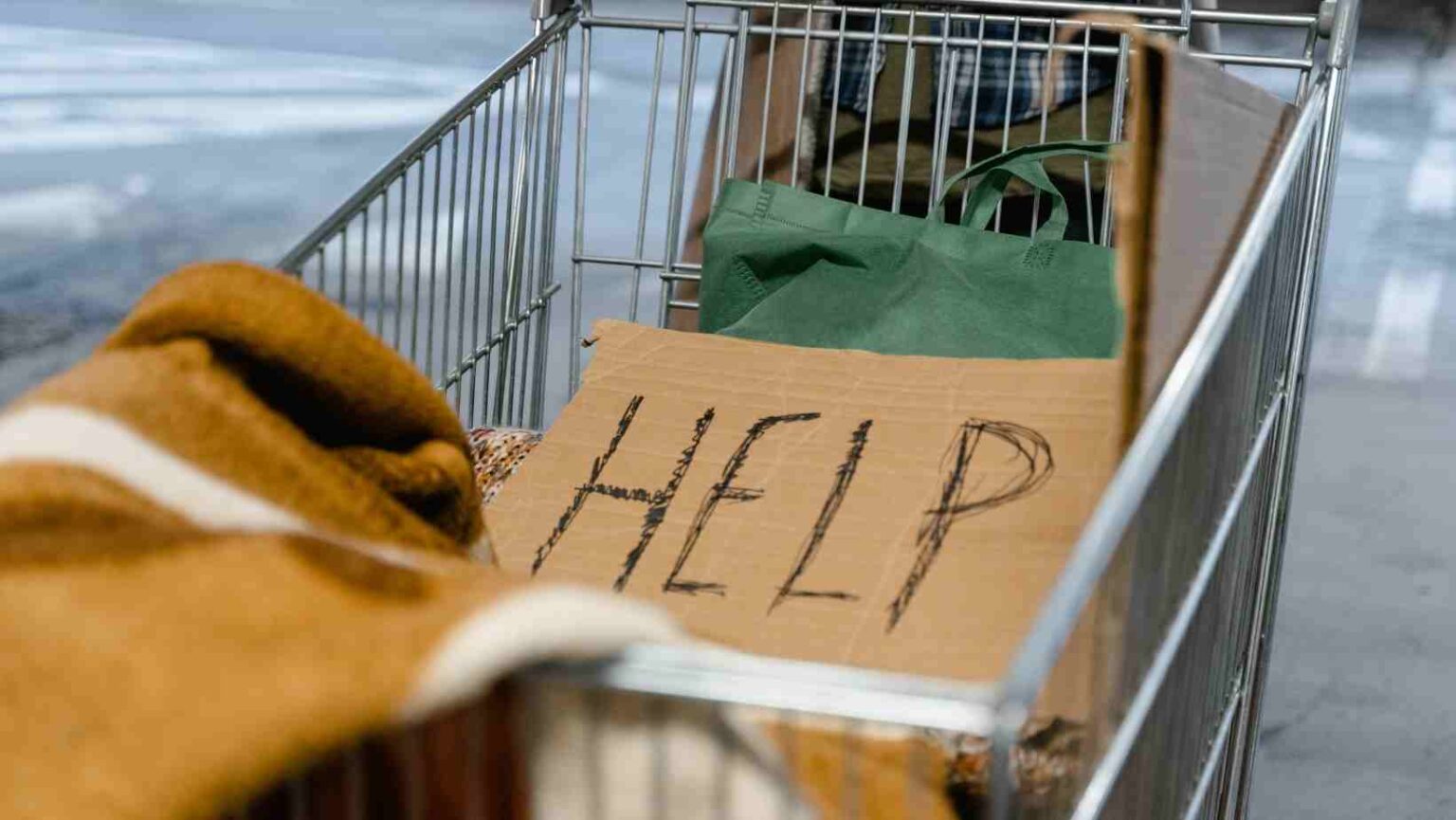Florida’s latest homelessness scheme fails the people it purports to help • Florida Phoenix

During the current legislative session, Gov. Ron DeSantis and some members of the Florida Legislature have put forward bills and proposals or expressed support for approaches they assert will strike a blow against homelessness.
Homelessness is not new or unfamiliar. It is an often-intractable issue that has been with us for decades. Various laws, protocols and other prescriptions have had varying levels of success. DeSantis and lawmakers are likely reacting to a shift in the way communities across the U.S. view homelessness from compassion to penalties and restrictions.
Unfortunately, but true to form, DeSantis didn’t offer a palette of humane solutions to the homelessness problem. Instead, he spoke of the issue in stark, unsympathetic terms characterizing homelessness in purely negative terms, blaming them for contributing to the erosion of the quality of life of others lucky to not be sleeping on the street.
Punishing the tens of thousands of human beings living in Florida without shelter or a roof over their heads appears to be the Republican way to go.
“We cannot allow any city in Florida to become like San Francisco, where homelessness, drugs, and crime have decimated the quality of life, hurt the economy, and eroded freedom. In Florida we will continue to enact policies that promote accountability and community safety, unlike in California where they are promoting dangerous policies that harm their communities and economy,” DeSantis said in a recent press release.
To his credit, the governor did announce that he would increase funding for homeless shelters and for substance abuse and mental health treatment, but he also proposed the proverbial stick – in the carrot and the stick analogy – by forbidding those allowed to stay in homeless shelters from using drugs and requiring them to “utilize workforce services.”
On March 1, the Republican-heavy House approved a measure 82-26, prompting outrage from Democrats who contend that it is not the right approach to address homelessness in the state.
“What I would like to see in legislation is robust investment in transitional housing, in shelters, but no,” lamented Orange County Democratic Rep. Anna Eskamani. “Instead, we want to designate a location that’s probably going to be really hard to identify, because at the end of the day we’re requiring the public to agree to a camping site.”
The bill’s sponsor said the legislation is not funded, but money may be added in this year’s budget.
Dramatic increases
The United States experienced a dramatic 12% increase in homelessness to its highest reported level as soaring rents and a decline in coronavirus pandemic assistance combined to put housing out of reach for more Americans, federal officials said. More than 653,000 people were homeless, the most since 2007 when the United States began using the yearly point-in-time survey. The total in the January count represents an increase of about 70,650 from a year earlier.
Closer to home, according to a 2023 report from the U.S. Department of Housing and Urban Development on homelessness, at least 60% of Florida residents experiencing chronic homelessness lacked shelter on any given January 2023 night.
Florida reported 15,482 unsheltered people or 6% of the national total of people living in places not meant for human habitation, the report found, and the Sunshine State also had some of America’s largest increases of families with children and veterans experiencing homelessness between 2022-23.
No single cause has driven the troubling trend of increased American homelessness, though experts cite several prominent factors. An unequal financial recovery, a shortage of affordable housing, limited access to critical healthcare, the cessation of COVID-era aid programs, and an immigration influx all bear a share of the blame.
Notably, the national rise in homelessness has affected nearly every cross-section of society. The numbers have risen for all types of population centers and across genders, ethnicities, and age groups. Some communities are more vulnerable than others.
A burgeoning crisis
Further investigation into homelessness brings us to Archstone Behavioral Health, which unwraps the unsettling reality on the ground on its website where it explains that “homelessness and substance abuse in Florida are two interconnected issues that have been plaguing communities for years. The situation is so dire that detox clinic Florida facilities are often overwhelmed, struggling to meet the demand for services.”
The statistics surrounding homelessness and substance abuse in Florida are equally alarming, with Florida enveloped in a burgeoning crisis caused by the twin threads of homelessness and substance abuse.
Nowhere in DeSantis’ comments did the governor identify some of the core reasons why thousands of Floridians and more than 600,000 Americans are homeless.
The causes of homelessness are many and varied, including severe shortages in affordable housing; recent changes in the rental housing market; the cessation and non-renewal of pandemic funds, protections and programs which halted evictions and the loss of housing.
American renters and homeowners have also had to contend with spiraling rents and interest rates, housing costs that are far out of the reach of ordinary Americans and evictions that are increasing now that federal protections or money disbursed by the Biden administration has dried up.

Matthew Desmond, a Princeton University sociologist and the director of the university’s Eviction Lab, said America has a poverty problem with lack of housing, food insecurity and poverty deeply intertwined.
He said housing assistance and food stamp programs are “effective and essential, protecting millions of families from hunger and homelessness each year,” he said in a 2023 New York Times column. “But the United States devotes far fewer resources to these programs, as a share of its gross domestic product, than other rich democracies, which places America in a disgraced class of its own on the world stage.”
Like many of those in the housing insecurity/homelessness/
To break this cycle, Desmond said, Americans must commit to becoming poverty abolitionists.
“Like abolitionist movements against slavery or mass incarceration, abolitionism views poverty not as a routine or inevitable social ill but as an abomination that can no longer be tolerated,” he said. “And poverty abolitionism shares with other abolitionist movements the conviction that profiting from another’s pain corrupts us all.”
Some solutions: tackling the housing crisis which forces most poor and low-income renting families to devote at least 50% of their income to rent and utilities; immediately expanding housing vouchers to reduce the rent burden; pushing for “more transformative solutions” like scaling up the country’s public housing infrastructure; creating and expanding community land banks; and providing on-ramps to homeownership for low-income families.
“Ending poverty in America will require both short and long-term solutions: strategies that stem the bleeding now, alongside more enduring interventions that target the disease and don’t just treat the symptoms,” said Desmond.
And in the end, all Americans will benefit.
Comments
Post a Comment